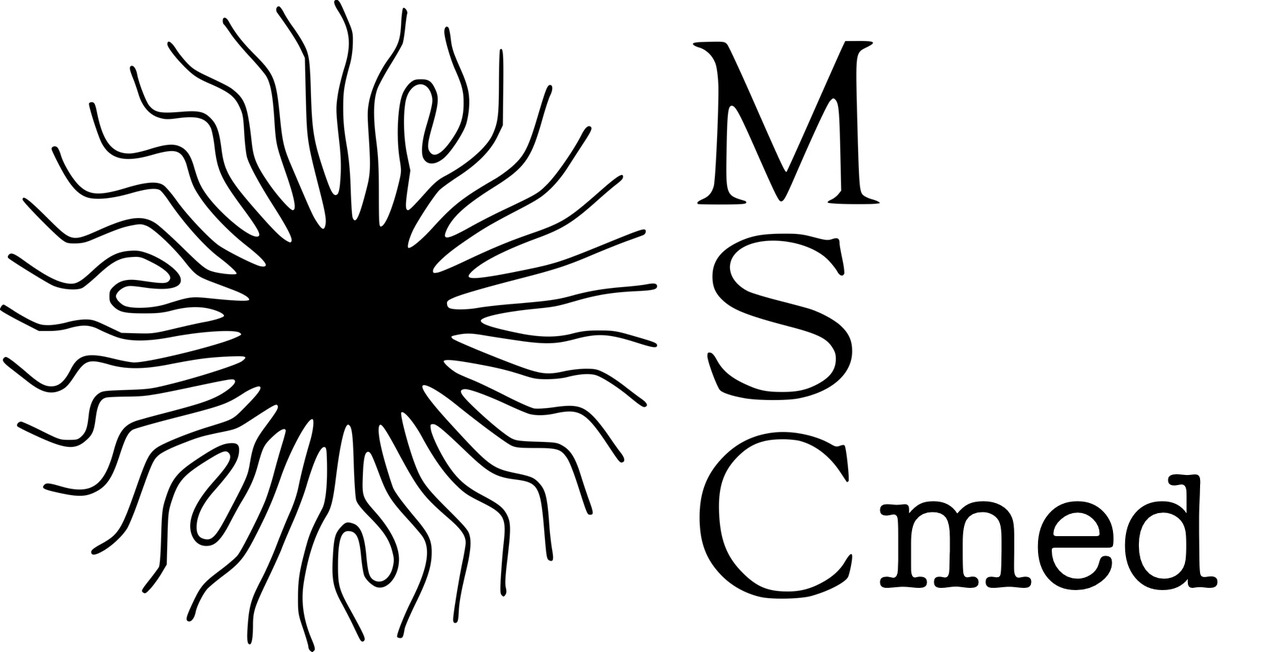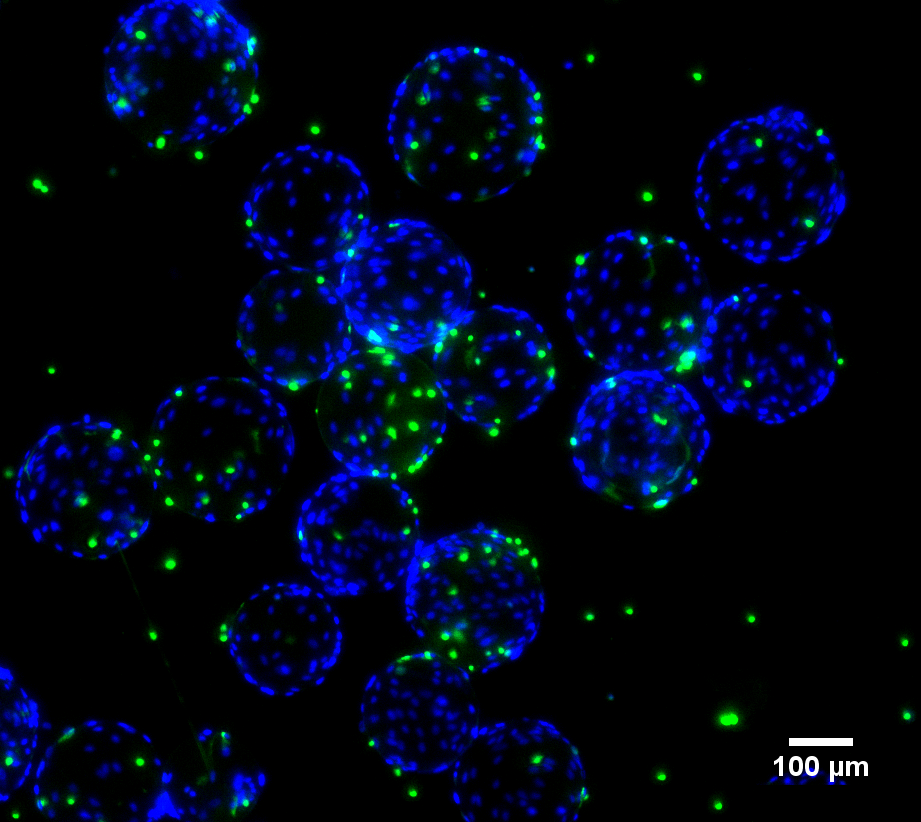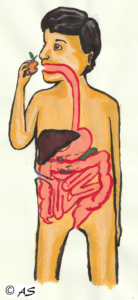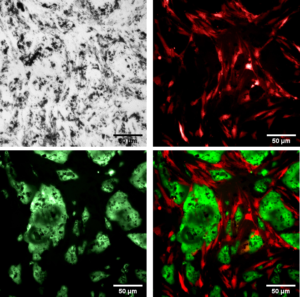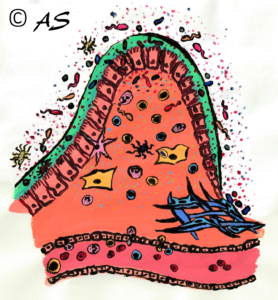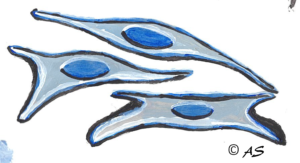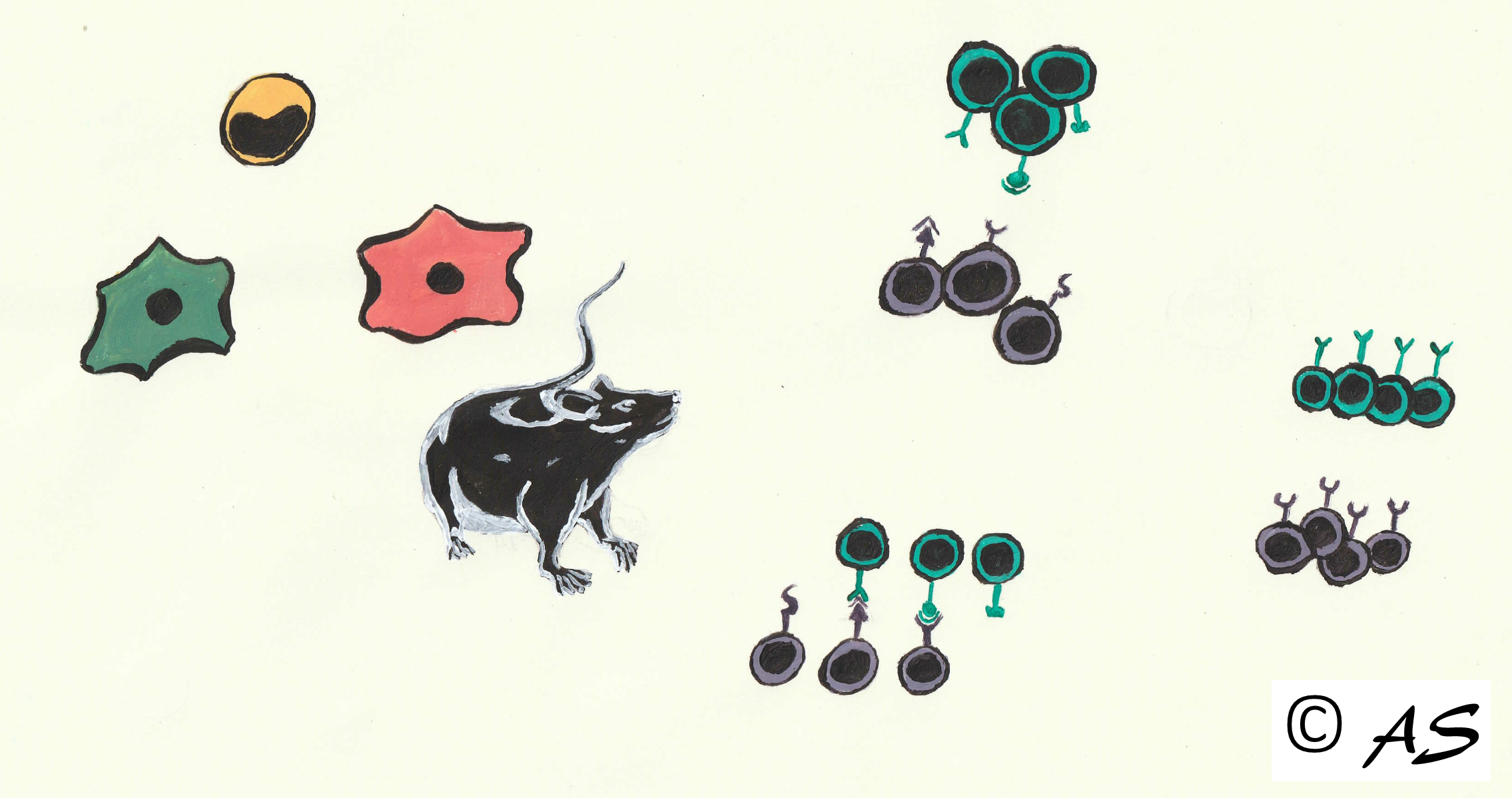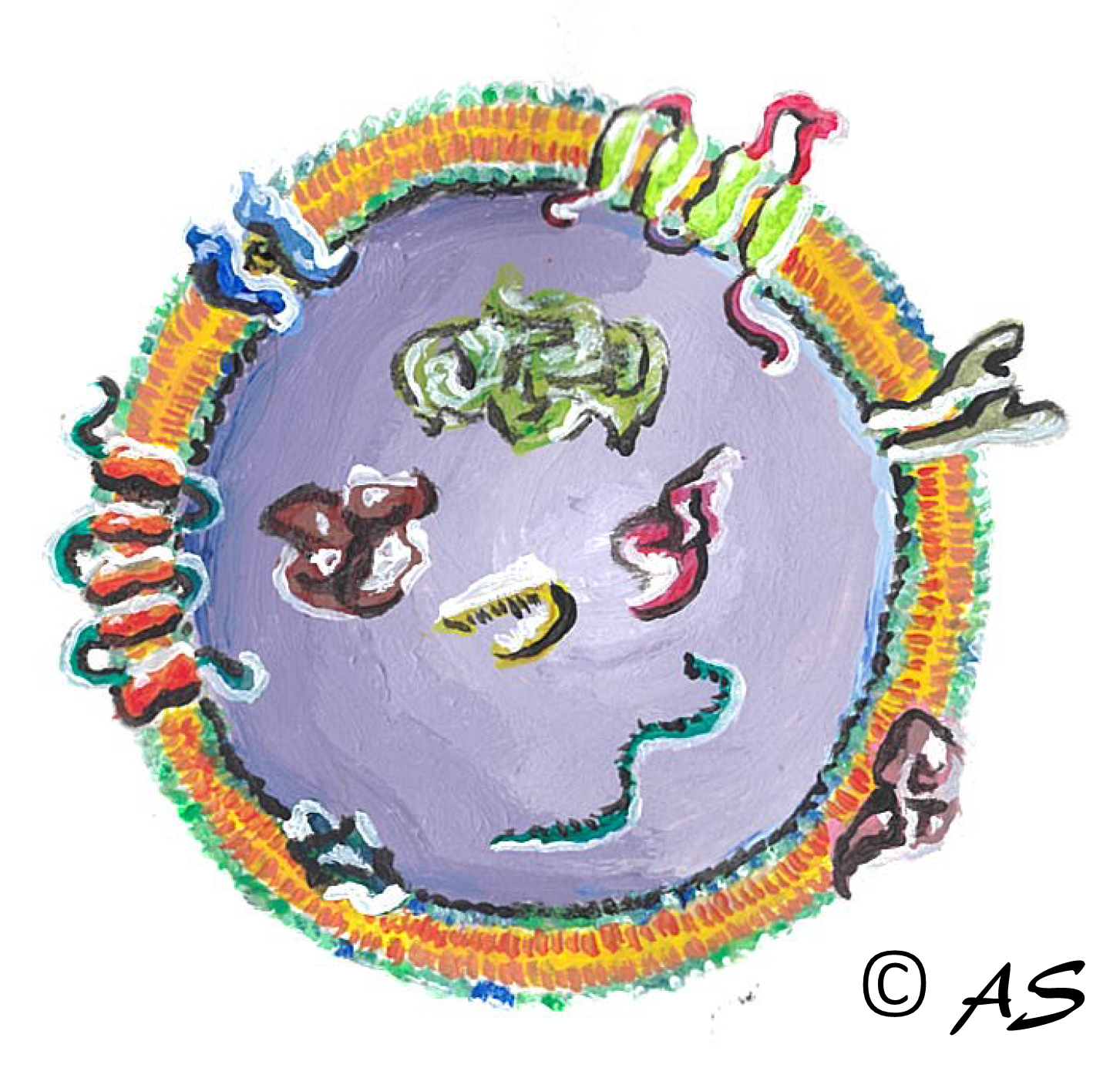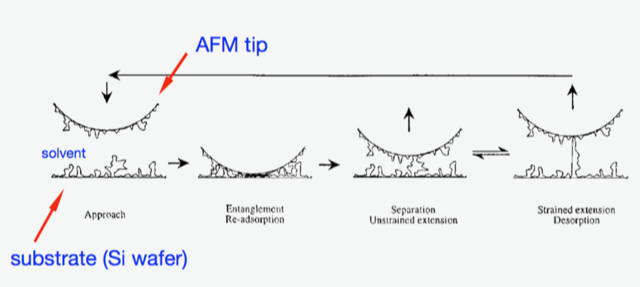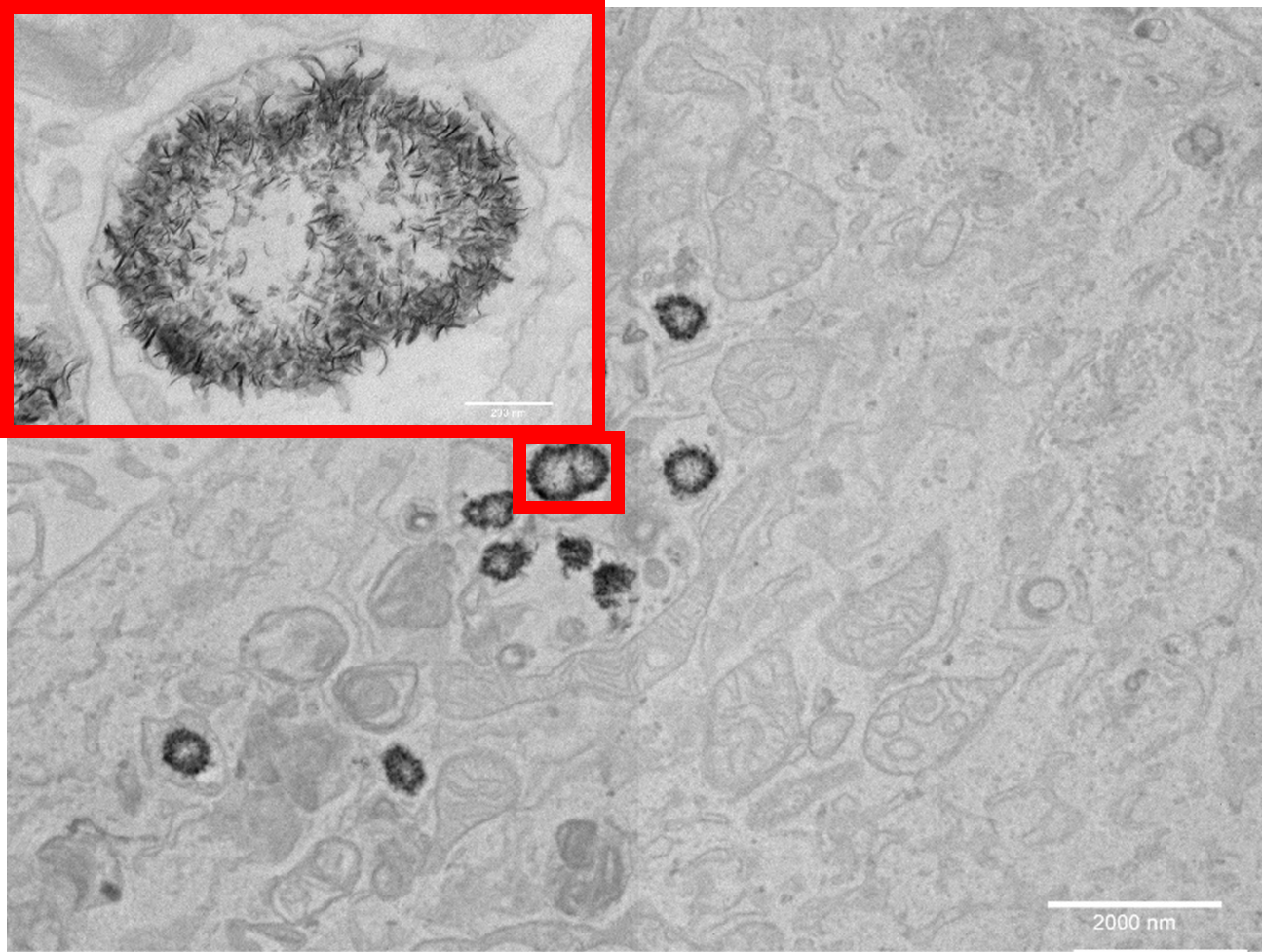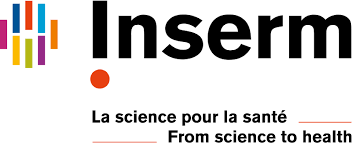Nabi
Nanomédecine, Biologie Extracellulaire, Intégratome et Innovations en Santé
MSC Med is a new interdisciplinary antenna from MSC lab (Matière et Systèmes Complexes, Université de Paris, CNRS UMR7057) dedicated to bioengineering and translational research. MSC-Med is located on Campus Saint Germain, 45 rue des Saints Pères (3rd floor) and affiliated to the UFR des sciences fondamentales et biomédicales, Faculté des Sciences.
MSC Med was created in 2018 to foster the merger of fundamental research, multidisciplinary training and entrepreneurship with the aim to promote biomedical innovation from bench to bedside. Our main goal is to envision and translate to the clinic novel diagnostic and therapeutic approaches based on nanomedicine, biotherapies and bioinspired technologies for precision medicine and personalized care.
earch topics in brief
We are interested in all the physical stimuli and cues (mechanical, magnetic, electric, optical, thermodynamical stimulation, exposure to nanoparticles…) that modulate or modify the behavior of human cells and tissues during development (embryogenesis), aging and pathogenesis (cancer, inflammation, nanotoxicology…). We are looking for disruptive biomimetic treatments for regenerative medicine and cancer therapy, based on cell-derived extracellular vesicles (EVs) and other bioactive nanotherapeutics. We believe on EVs as the next generation biotherapies and as a safer and affordable alternative to cell therapies. We are also very interested in studying the fate of nanoparticles and their potential in nanotherapies.
NABI is pioneering breakthrough technologies for massive bioproduction, engineering and multimodal characterizations of extracellular vesicles and hybrid nanovectors, as well as fundamental understanding of the mechanisms of EV biogenesis and intercellular communication. MSC-Med launched in 2020, with the Region Ile de France and IDEX Université de Paris the first French EV facility and center of expertise (IVETh Core Facility) based on innovative and high-throughput bioproduction, analytical methods and data sciences to push EV-based therapy to the clinic. To this purpose, we launch a thematic group called EVOLVE.
NABI hosts two spin-off companies: EVerZom created in 2019 to develop large-scale production and engineering of clinical grade EV and Evora Biosciences to translate EV-based therapy combined to a thermoresponsive hydrogel for fistula therapy.
We are a multidisciplinary group, gathering physicists, biologists, pharmacists, chemists, data scientist, engineers and entrepreneurs.
NABI and the IVETh facility benefits from the support of Université Paris Cité, IDEX UP, CNRS, INSERM, Region Ile de France, European Union (ERC, FET-Open), and several grant agencies and foundations (ANR, INCA, ANSES, ARC, VLM…).
We are constantly looking for highly motivated and highly skilled researcher and students. Do not hesitate to contact us.
News
Plusieurs mécanismes de neutralisation des nanoparticules découverts dans les cellules pulmonaires
Comment l’organisme réagit-il en cas d’inhalation de nanoparticules ? Les chercheu.r.se.s de MscMed et leurs collègues ont étudié l’évolution de nanofeuillets de disulfure de molybdène dans des poumons de souris jusqu’à un mois après leur inhalation. Publiés dans la revue Advanced Materials, ces travaux montrent que les macrophages pulmonaires peuvent transformer ces nanoparticules et les enrouler afin de réduire leur surface de contact, et donc leur toxicité, et seraient également capables de moduler la réaction inflammatoire induite.
Thérapies ciblées : Un nouveau convoyeur de traitements au cœur des cellules
Produites par la plupart de nos cellules, les vésicules extracellulaires sont impliquées dans de nombreux processus physiologiques. Elles permettent notamment aux cellules de communiquer à distance à travers le transfert de molécules biologiques. La recherche tente de détourner cette machinerie cellulaire pour administrer de manière ciblée des substances thérapeutiques à certaines cellules dysfonctionnelles ou cancéreuses.
Soutenance de thèse de Shéryl Bui
Jeudi 5 octobre à 13h30 soutenance de thèse de Shéryl Bui en salle R229, au sein du Campus Saint-Germain-des-Prés de l'Université Paris Cité (45, rue des Saints-Pères 75006 Paris), thèse sous la diretion de Grégory Lavieu. Résumé : Bioengineering of Extracellular...
L’origine du nez
La disposition générale des visages est commune à de nombreuses espèces de vertébrés. Souhaitant comprendre comme se formait le nez, Vincent Fleury, de l’antenne MSCmed située à l’école de médecine, a découvert que les trous du nez et les narines, se formaient suite à...
Inserm Workshop 273 – Advances in therapeutic applications of extracellular vesicles
We are co-organizing an INSERM Workshop on Advances in therapeutic applications of extracellular vesicles. First part (theoretical) will take place in Bordeaux in June. Second part (technical) will take place within IVETh in Paris in October. Deadline for registration...
Une étude d’ampleur sur l’effet des nanoparticules
Depuis quelques années, la chimie, la pharmacie, l’agriculture, l’agroalimentaire, les cosmétiques etc. se tournent de plus en plus vers des préparations contenant des nanoparticules. La présence croissante de ces nanoparticules dans notre environnement soulève des...
